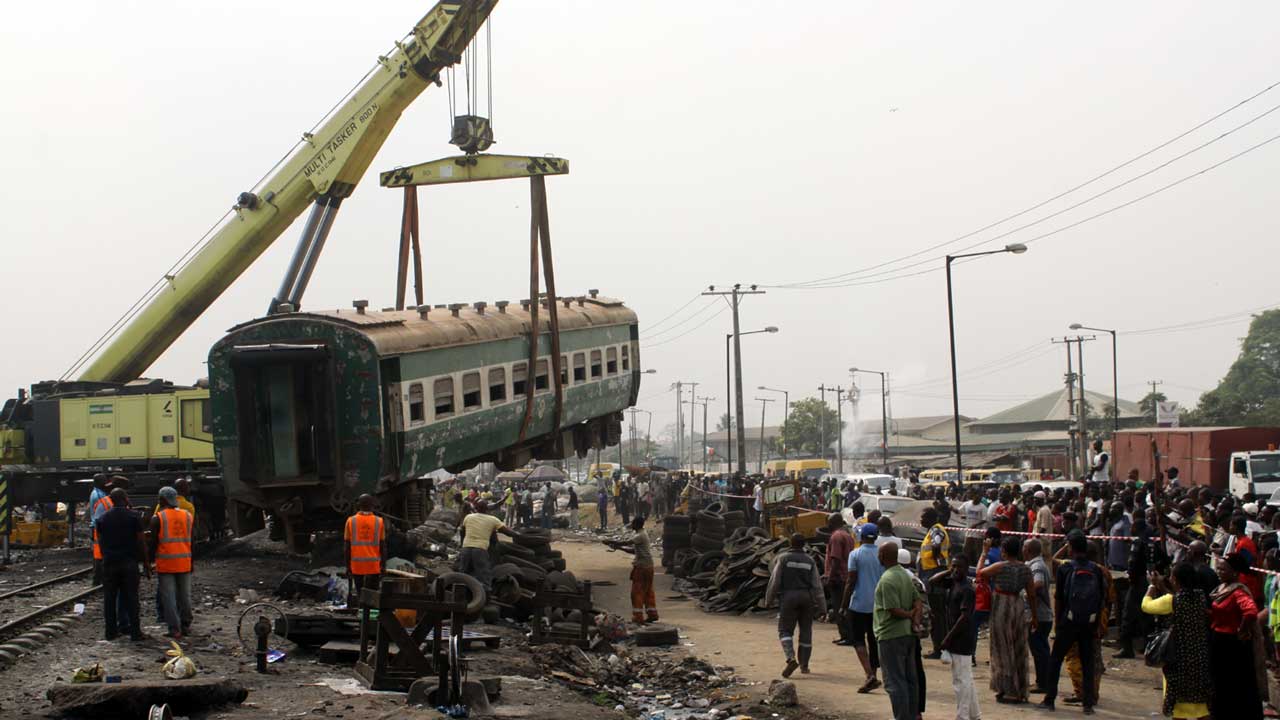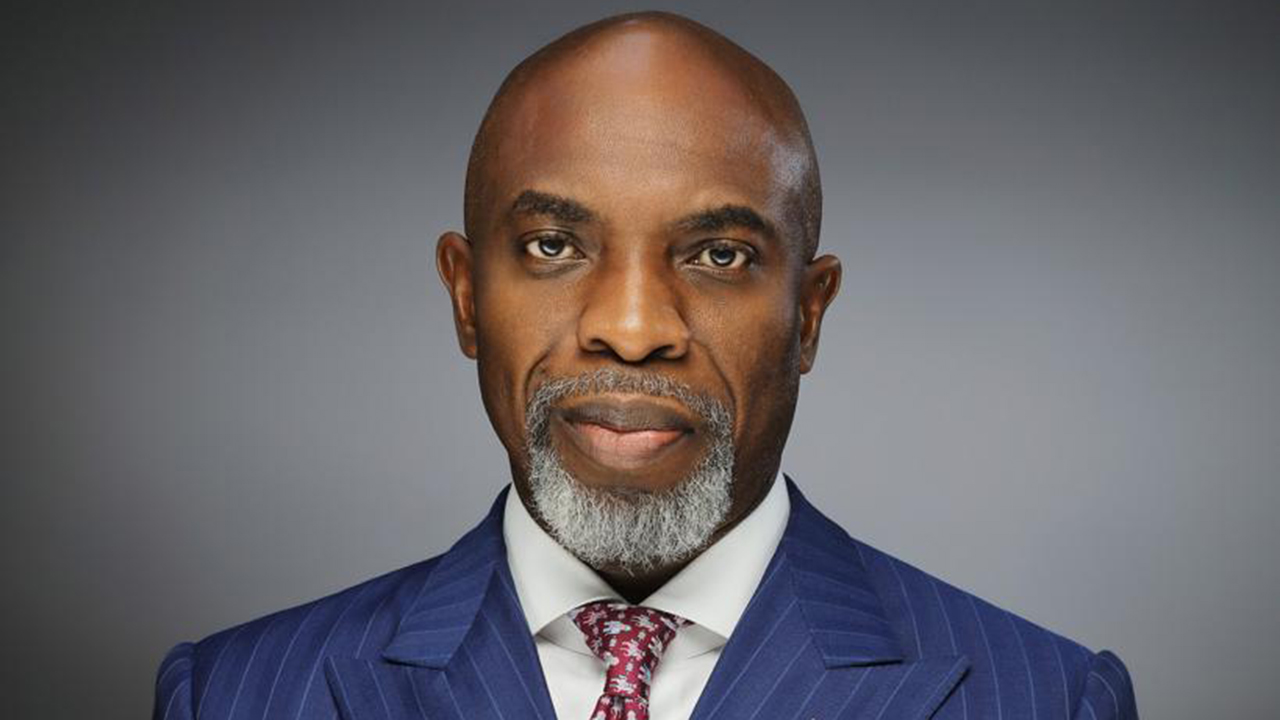
• It was caused by faulty tracks, says LASEMA
• Motorists, expert blame NRC for lack of maintenance
Save for providence, a train derailment ferrying over 2,000 people to the city centre would have marked the first major disaster in the New Year in Lagos State. At about 7:15a.m. a train moving en-route Ebute-Metta via Oshodi from Iju with full loaded passengers derailed from its tracks.
While many had thought no life was lost, the Nigerian Railway Corporation (NRC) however confirmed that one person died in the incident that occurred at Ashade railway crossing Agege.
Jerry Ochi, the Lagos Railway District Manager, told newsmen at the scene that the victim died at the NRC hospital at Ebute-Meta while receiving treatment. “Efforts have been put in place to restore normalcy at the scene of the incident,” he said.
According to him, the NRC officials have been working to re-rail the train and repair the track. He said the operation would start immediately the tracks were fixed. “Our operations continue later today (Thursday) because everything is under control and the vehicular traffic jam at the scene has been cleared.”
Hundreds of passengers escaped death when a mass transit shuttle train derailed at the Ashade railway crossing on the Agege-Ikeja corridor at about 7:15a.m., leaving some of the passengers injured. The derailment happened when the Apapa-bound train skidded off its tracks at the Ashade Railway Crossing at Agege.
Meanwhile, residents who witnessed the incident have faulted NRC for the lack of maintenance of the rail tracks. “What they are doing now is what they could have done earlier. Why should they wait until there is an accident before they repair the tracks? We thank God it was a major accident but with minor damage caused,” said Austin Adawale, a driver.
Abubakar Abdulahi said a similar incident had happened at the particular spot late last year during the Ileya festival. He therefore called on the authorities to take the safety of Nigerians seriously by conducting routine maintenance on the railways to ensure safe operation.
This was corroborated by motorists who were trapped in the ensuing traffic. They lamented that the tracks have been bad for months and despite several complaints, nothing was done about it. A tricyclist plying the route, Amin Saheed, said their tricycles have been destroyed several times because of that particular spot and they have complained severally to their union but nothing was done until yesterday’s accident.
It was gathered that two coaches and a power car were the segment of the train that derailed, which sources said was caused by the crossing of heavy trucks on the tracks, which made the irons of the track to expand.
A source at NRC said a caution signal was sent from the Ashade level crossing indicating that the particular spot of the railway was not in good condition but the locomotive driver flouted the warning.
He however described the incident as a minor derailment, saying the coach that derailed had been coupled back, while rescue operations has been done and causalities receiving treatment at the hospital. He added that train operations are expected to resume by 5:00p.m. (yesterday).
The Chief Public Relations Officer at NRC, Ms. Lola Akinrinola, said the corporation’s campaign against rooftop passengers lessened the gravity of the casualty, adding that it would have been fatal with high casualty figures if the ban on rooftop passengers were not enforced, an action that attracts a penalty of N25,000 if caught.
The Lagos State Emergency Management Agency (LASEMA) spokesperson, Kehinde Adebayo, told The Guardian that yesterday’s train accident was caused by faulty rail tracks, as reported by the Lagos State Traffic Management Agency (LASTMA) officers stationed at the area. The accident caused heavy traffic in the axis as just a lane was left for motorists to use as officials tried to evacuate the train.
Following the train derailment, an expert has decried the incident stating it is a bad way to start the year. Reacting to the incident, Chief Executive Officer, West Atlantic Cold-Chain and Commodities Limited, Henrii Nwanguma, said there are general rules to transportation safety.
“For rail, are we following them? These include speed, tonnage of cargo/number of passengers, state of tracks, state of locomotives and wagons, encroachment, and gradient issues, although Lagos is generally flat.
Nwanguma, who expressed dissatisfaction at the incident said: “It pains me that there is no sense of service or urgency like we do not have peers to benchmark ourselves against.” He therefore called on NRC to intensify efforts in sensitizing commuters against seating on train roofs.
[ad unit=2]






